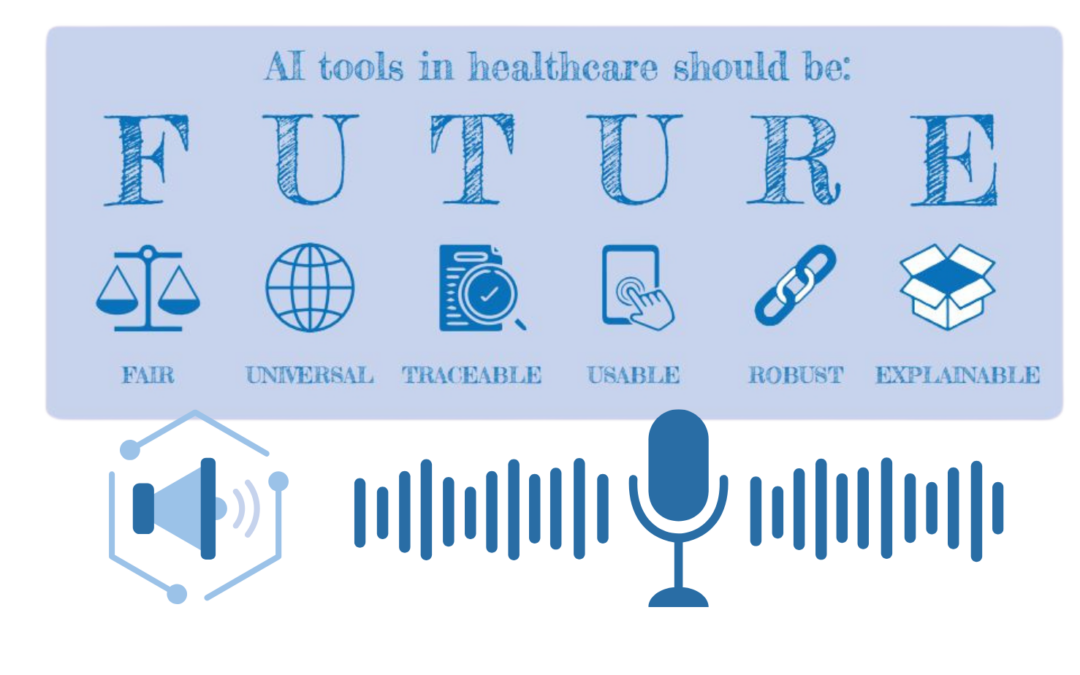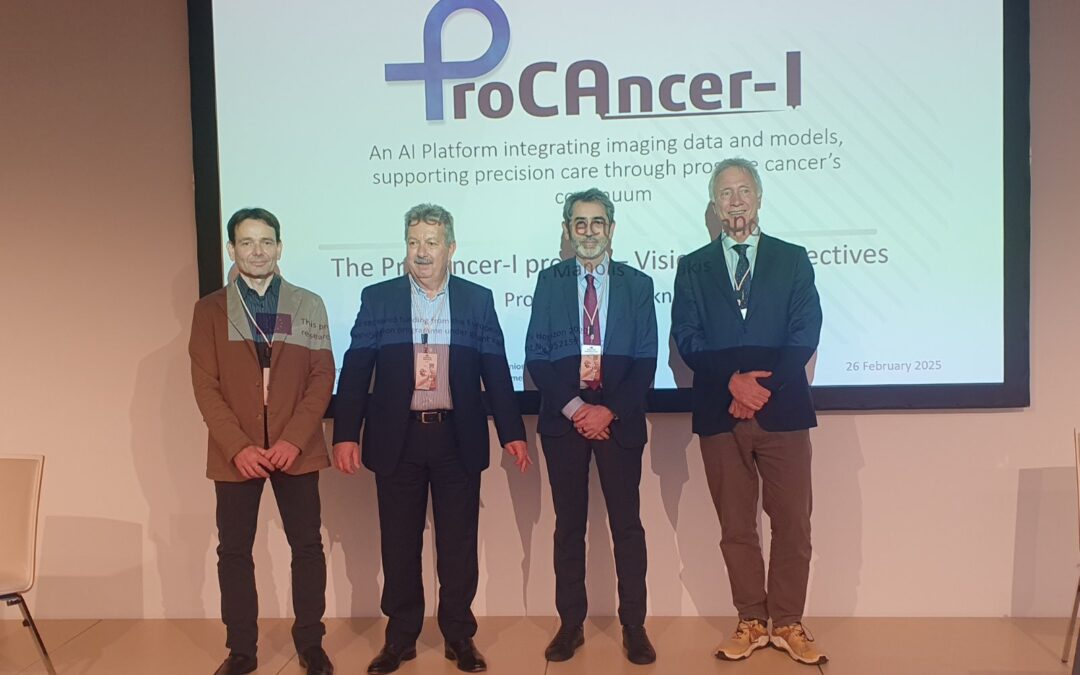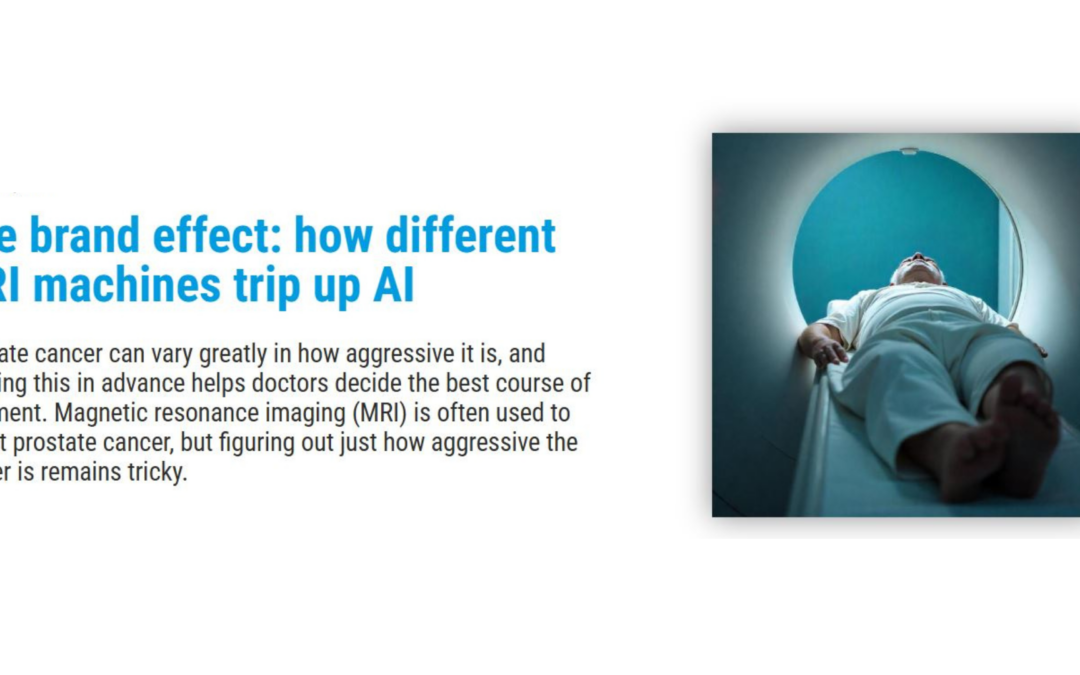D5.2 Pre-processing tools

ProCAncer–I aims to develop novel AI models in order to add precision in the management of
prostate cancer patients by providing diagnostic tools able to reduce overdiagnosis and
overtreatment. To this end, a unique dataset from the project’s clinical sites is being assembled
making sure that image diversity and variability is properly addressed, which would enhance
models’ generalizability. That said, most current multi–centric studies employ harmonization
methods either in centralized or federated architectures since it is still impossible to control or
predict all sources of variation. It should be stressed that there is currently no gold standard to
harmonize imaging data in a multi–centric setting towards an optimal radiomics pipeline. Instead,
there are research trends that have shown promising results based on which the ProCAncer–I
consortium has implemented a number of pre–processing functionalities that can be used to
experiment and optimize the ProCAncer–I AI modeling tasks (Deep Learning and Radiomics
based).





